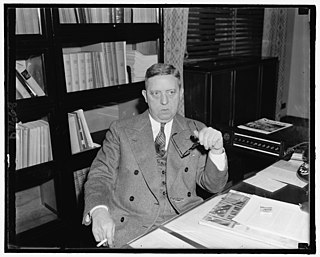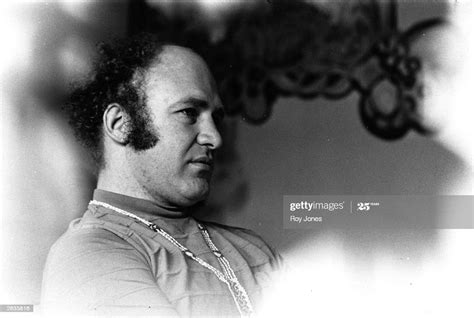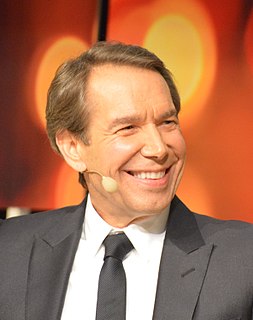A Quote by James Webb Young
Thus, words being symbols of ideas, we can collect ideas by collecting words. The fellow who said he tried reading the dictionary but couldn't get the hang of the story simply missed the point: namely, that it is a collection of short stories.
Related Quotes
I always believed as a speechwriter that if you could persuade the president to commit himself to certain words, he would feel himself committed to the ideas that underlay those words. And the big shock to me has been that although the president said the words, he just did not absorb the ideas. And that is the root of, maybe, everything.
These short stories are vast structures existing mostly in the subconscious of our cultural history. They will live with the reader long after the words have been translated into ideas and dreams. That's because a good short story crosses the borders of our nations and our prejudices and our beliefs. A good short story asks a question that can't be answered in simple terms. And even if we come up with some understanding, years later, while glancing out of a window, the story still has the potential to return, to alter right there in our mind and change everything.
Mathematicians may flatter themselves that they possess new ideas which mere human language is as yet unable to express. Let them make the effort to express these ideas in appropriate words without the aid of symbols, and if they succeed they will not only lay us laymen under a lasting obligation, but, we venture to say, they will find themselves very much enlightened during the process, and will even be doubtful whether the ideas as expressed in symbols had ever quite found their way out of the equations into their minds.
One of my standard - and fairly true - responses to the question as to how story ideas come to me is that story ideas only come to me for short stories. With longer fiction, it is a character (or characters) coming to visit, and I am then obliged to collaborate with him/her/it/them in creating the story.
What I like about organizing things that way is that each story gets nearly full reign over its own space, but all of them are hung on a single string - the loosely-reined voice mentioned above. Thus the collection jogs away from suzerainty and past federation toward, I guess, alliance. Or maybe call each story a separate house on a single street? Or it's all a line of dive bars on some wharf front? What the hell, let's call reading the collection a pub crawl, but with words.
































